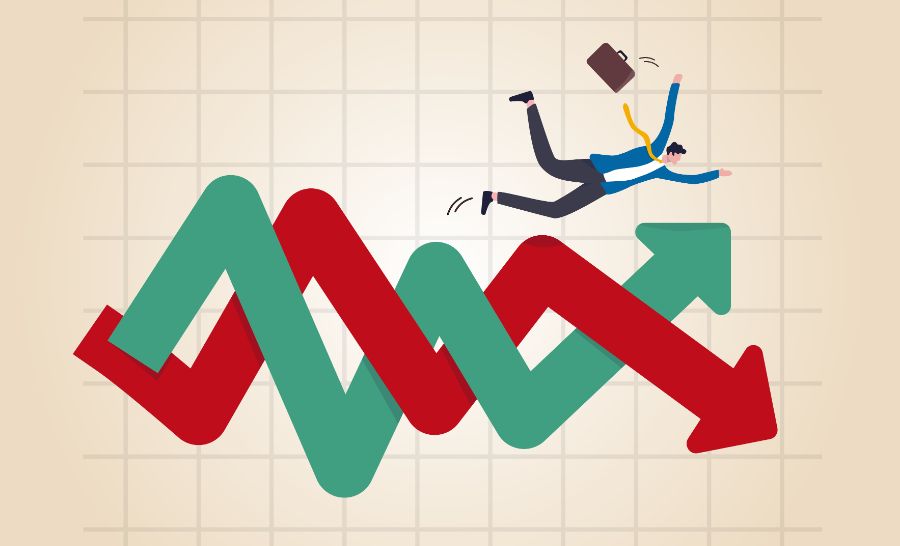By Isaiah Ajala, Licensed Real Estate Salesperson
As retirees seek innovative financial solutions to supplement their income during retirement, reverse mortgages could be explored as a means to unlock the value of home equity.
Homeowners age 62 and up can obtain a reverse mortgage if they have considerable home equity—usually 50%—they can borrow against. Funds can be distributed as a lump sum, a fixed monthly payment, or line of credit. Unlike regular mortgages, reverse mortgages do not require homeowners to make loan payments during their lifetime. However, the entire loan balance, up to a limit, becomes due and payable when the borrower passes, moves out permanently, or sells the home.
Federal regulations require lenders to structure the transaction so that the loan amount won't exceed the home’s value. Even if the loan amount exceeds the home’s value or the borrower lives longer than expected, the borrower or borrower’s estate won’t be held responsible for paying the lender the difference thanks to the program's mortgage insurance.
There are three types of reverse mortgages, Single purpose reverse mortgages, Home equity conversion mortgages & Proprietary reverse mortgages.
- A single-purpose reverse mortgage is typically offered by state, local, and nonprofit agencies. Being backed by these agencies can make it the most affordable option, and homeowners can expect to pay less in interest and fees for these than for other types. However, they have to be used for a specific purpose, such as paying property taxes, insurance premiums, or home improvement.
- HECMs are federally insured, which means they are backed by HUD. These can be more expensive than a traditional home loan and may come with high up-front costs. The HECM is the most widely used reverse mortgage as it carries no income limitations or medical requirements, and the loan can be used for any reason. Many reverse mortgages, specifically the Home Equity Conversion Mortgages, are insured by the Federal Housing Administration (FHA), offering layer of protection and regulatory oversight.
- Unlike HEMCs and single-purpose reverse mortgages, proprietary reverse mortgages are backed by private lenders, making them ideal for homeowners whose homes are appraised at higher values. Homeowners qualify if their properties are valued at more than the 2023 lending limit of $1,089,300 for federally backed HECMs.
A reverse mortgage can be a great mechanism for Senior citizens to leverage when unexpected life changing events occur. They can also be incorporated as part of retirement plans. It is just important to eqally consider the advantages and disadvantages.
Planning for retirement can be tricky as you are hedging against potential increase in interest rates and inflation. With the cost of living rising, a reverse mortgage can be utilized as supplemental income. As mentioned earlier, knowing that repayment of the entire loan does not need to be settled until the property is sold gives the homeowner reassurances over ownership of their property throughout their lifetime. Seniors who opt for reverse mortgages can continue to reside in their homes while accessing the equity. This is particularly advantageous for those who wish to age in place and maintain their familiar living environment.
Despite having the option of not making monthly payments, however, reverse mortgages often entail upfront costs, including origination fees, closing costs, and mortgage insurance premiums. These expenses can sometimes offset the financial benefits. Similarly, while monthly payments are not required, interest on reverse mortages accumulates over time.
Although the thought of delaying repayments of the loan may seem ideal, this could negatively impact the size of the Inheritance left for family or friends. The funds extracted from a reverse mortgage, along with accrued interest, can diminish the equity available for heirs. This reduction may have implications for the size of the inheritance left to family members. While reverse mortgages become due after the owners death, the heirs of the estate can either paid off from the heirs own funds or refinance the home to pay off the reverse mortgage, or the lender will sell the home to pay the balance of the reverse mortgage.
The decision to pursue a reverse mortgage is multifaceted, necessitating a thorough examination of individual circumstances and financial objectives. While these financial instruments offer a lifeline to retirees seeking increased financial flexibility, the associated risks and costs demand careful consideration.
Click here to connect with Isaiah and view his current listings




